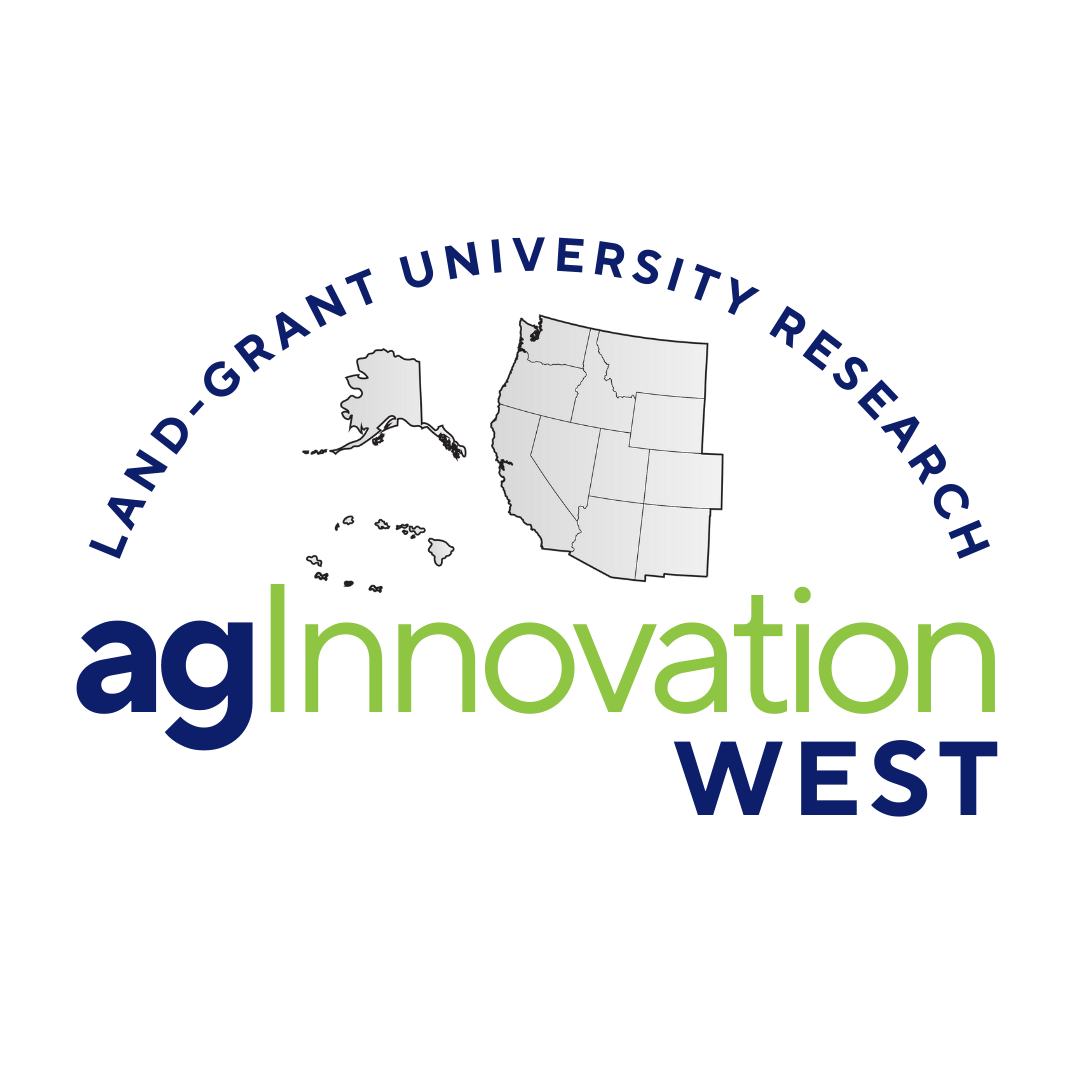
WERA_OLD103: Nutrient Management and Water Quality
(Multistate Research Coordinating Committee and Information Exchange Group)
Status: Inactive/Terminating
WERA_OLD103: Nutrient Management and Water Quality
Duration: 10/01/2006 to 09/30/2010
Administrative Advisor(s):
NIFA Reps:
Non-Technical Summary
Statement of Issues and Justification
Issues and justification: Plant nutrients are essential for the profitable and sustainable production of food and fiber. However, when improperly used, nutrients have been implicated in decreased water quality. There are many specific management options that can be implemented to improve the way nutrients are used and to minimize their potentially adverse environmental impact. Best Management Practices are currently being developed for major crops throughout the West to improve nutrient use. Federal agencies, state Land Grant institutions, and private industry are currently cooperating to identify and reduce the potentially negative impact of poor nutrient management on profitability and the environment. These issues generally are more related to cropping systems and watersheds than state-line boundaries. The need for region-wide cooperation to develop consistent and science-based recommendations is great. Information sharing on a region-wide basis improves accuracy, efficiency, and reduces waste of resources. These Best Management Practices are being developed by scientists for implementation by extension and industry agronomists and consultants. A re-evaluation of current nutrient management practices and the development of improved techniques to estimate specific crop nutrient requirements will provide the foundation to improve soil, water and air quality. Additionally, quantifying the fate of nutrients in unmanaged ecosystems also provides important insight to the reactions occurring in managed agricultural soils. The use of organic nutrient sources, such as manure and compost, also pose challenges to efficient utilization. Accurate soil, water, and plant analytical information is essential for making nutrient management decisions. This analytical information will likely become increasingly important for regulatory compliance to environmental standards. The cooperation and continuing education of analytical labs offering agricultural services is important for providing accurate information to local decision makers. Review of the latest analytical techniques appropriate for the Western Region is needed.
Objectives
-
To improve nutrient management recommendations for important cropping systems based on soil, water and plant analysis results and other management strategies in the Western Region
-
To promote effective use of soil, water, plant, manure, and compost analytical information
-
To improve grower education in the use of soil, water and plant analysis for environmentally sound crop production practices
Procedures and Activities
Procedures for Objective 1: a) Exchanging nutrient correlation and calibration data across the region. b) Work toward uniformity of nutrient use recommendations across state boundaries for major crops and incorporating new analytical and interpretive methodology. c) Coordinate research and educational projects. d) Evaluate the efficacy of new fertilizers and nutrient additives. Procedures for Objective 2: a) Reduce water, soil and air impacts from nutrient application from fertilizer, manure, biosolids, etc. b) Assess nutrient cycling in natural and managed systems. c) Improve nutrient efficiency to maintain high yields and sustain profitability. d) Develop improved sampling methodology and nutrient recommendations. e) Improve regional laboratory analytical services and improved standardization in recommendations. Procedures for Objective 3: a)Coordinate regional efforts among government agencies, private industry and universities. b) Facilitate communication of research needs from extension specialists and private industry representatives to government and university researchers. c) Provide a forum for discussion of research results and subsequent regionally coordinated technology transfer.
Expected Outcomes and Impacts
- Improved use of nutrients and water for western agriculture will result by enhancing the ability of Land Grant Universities to meet the needs of clientele.
- Continued support of the North American Proficiency Testing Program for Soil and Plant Analysis Labs help improve the accuracy of laboratory results and build confidence in the results of these tests
- Conduct the Western Nutrient Management Conference bi-annually, which provides effective communication between university and industry personnel across the western U.S.
- Improved nutrient management recommendations across state lines by producing nutrient management guides for important crops in the region.
- Improved understanding of the relationship between soil test phosphorus and the movement of phosphorus across and through soils as related to sustainable animal production systems.
- Outcome/Impact 6 Improved understanding of nitrogen mineralization rates of organic materials applied to cropland
Projected Participation
View Appendix E: ParticipationEducational Plan
The educational component of WERA-103 will focus on delivery of the latest nutrient management information and other technology to educators and industry agronomists. This will be done through regional publications, web-based bulletins, and regional conferences. The Western Nutrient Management Conference provides university, government and industry personnel an opportunity to interact and share their findings and respond to emerging issues. These Conferences also foster additional cooperative research and extension efforts. Coordination with the North American Proficiency Testing Program and associated publications will educate the agricultural industry about continuing advances in soil and plant analysis. This effort will support soil and plant analysis programs across the region. Planned publications outlined under expected outcomes will support state faculty and industry personnel in their ongoing educational efforts in nutrient management and water quality. The efforts of the groups producing these publications will help focus research efforts on those areas where additional data is needed.
Organization/Governance
The Committee Chair provides leadership for the committee and is responsible for coordination with the Western Directors and for planning the annual meeting. The Committee Chair Elect provides support to the Chair and becomes the Chair the following year. The Secretary is responsible for submitting minutes and state reports from annual meeting and becomes Chair Elect. Officers serve for one year. An individual is selected from the committee to be the Coordinator of the Western Nutrient Management Conference. This person works closely with the Committee leadership in program planning. Other subcommittees are established as needed to meet the planned programming of WERA-103.